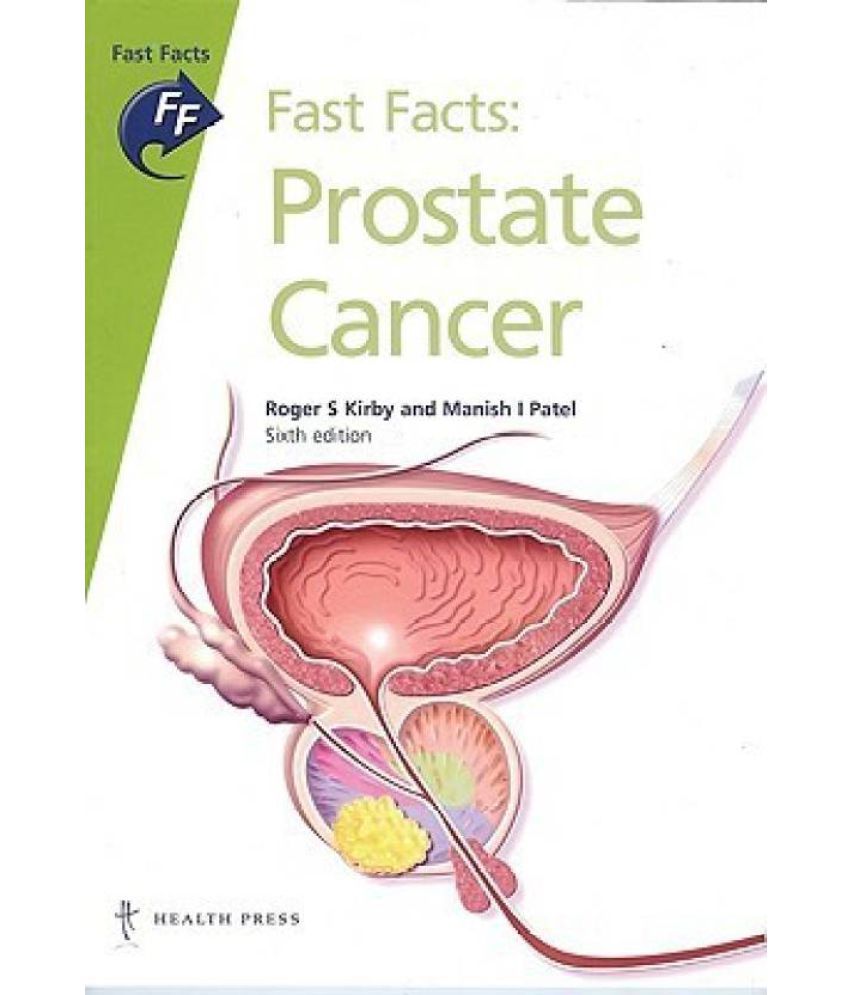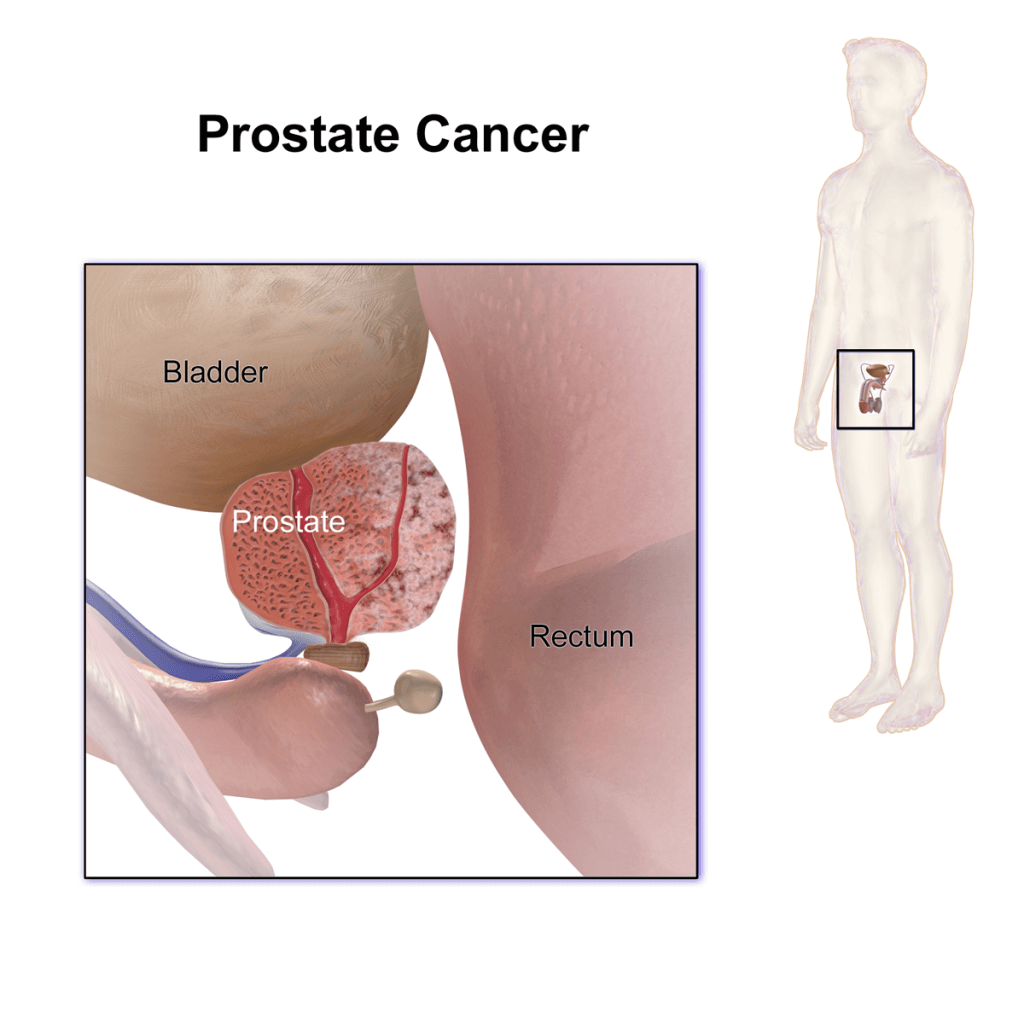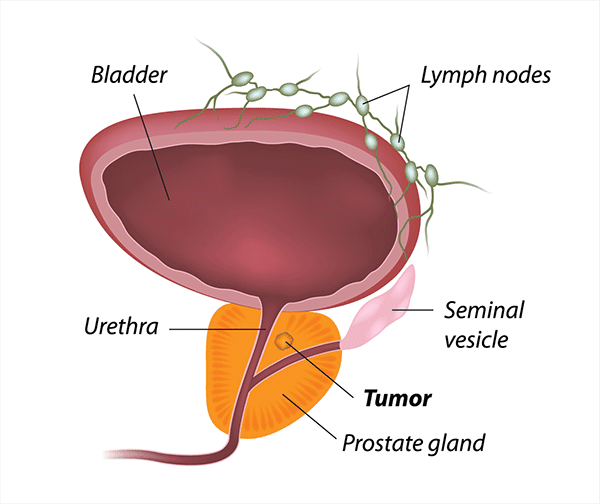Benign Enlarged Prostate: What Are The Pros And Cons Of Surgery
Surgery can very effectively reduce the problems associated with a benign enlarged prostate. It is considered if other treatments don’t provide enough relief, or if the enlarged prostate keeps causing medical problems such as urinary tract infections. But surgery often has side effects.
Most men who have a benign enlarged prostate aren’t in urgent need of surgery. They can take their time to carefully consider the pros and cons. There are various possible reasons for deciding to have surgery. For instance:
- The prostate-related problems may be very distressing, and other treatments may not have led to a big enough improvement.
- The enlarged prostate may frequently cause other medical problems, such as recurring urinary tract infections or bladder stones.
- Treatment with medication may not be possible for medical reasons.
Surgical Treatment For Enlarged Prostate
-
Transurethral resection of the prostate . In this surgery, the inner portion of the prostate is removed. Used 90% of the time, this is the most commonly used surgical procedure for BPH.
-
Open prostatectomy .The surgeon makes an incision and removes the enlarged tissue from the prostate.
-
Laser surgery –Laser surgery uses laser energy to destroy prostate tissue and shrink the prostate.
-
Transurethral incision of the prostate .This surgery does not involve removing prostate tissue. A few small cuts are made in the prostate gland to reduce the prostate’s pressure on the urethra, making urination easier.
Side Effects From Hormone Therapy
Hormone therapy for prostate cancer, known as androgen deprivation therapy , suppresses production of testosterone. ADT can cause several side effects. These include fatigue, hot flashes, decreased bone density, ED, depressed mood, decreased sex drive, weight gain, heart risks, breast growth and cognitive decline.
The severity and length of side effects depend on how long treatment lasts. “If a man has only six months of treatment, their level of testosterone rises again, and they’ll go back to feeling like themselves,” Calvaresi said.
Often, mood changes in men on ADT are caused by other side effects such as weight gain and hot flashes. “If we can manage those other side effects, then often that improves mood,” she said. Following a healthy diet and exercising regularly often helps to decrease fatigue, prevent weight gain and improve overall mood. Before beginning hormone therapy, you should discuss the effects of ADT with your doctor, and talk about how you can change your exercise and eating habits to help head off side effects before they occur.
You May Like: Why Would You Remove Prostate
Prostate Removal: 8 Things To Know
Recommended Reading: Monoclonal Antibody Therapy For Prostate Cancer
Was The Surgery Successful

The prostate gland will be examined under a microscope in the laboratory after it has been removed. The doctor will check the grade of the cancer cells again. and check that the edges of the prostate are clear of cancer, called ‘checking the margins’.
Negative margins: No cancer cells.Positive margins: Cancer cells found at the edge of the prostate.
These tests are used to predict your response to the treatment along with PSA checks. Your PSA level should drop within weeks of surgery.
Recommended Reading: How To Pleasure A Man After Prostate Surgery
How Do Doctors Perform Prostate Removal
During prostate removal the prostate gland and some tissue around the gland, including the seminal vesicles, are removed. A prostatectomy takes about two hours and is performed under general anesthesia.
There are two approaches used for a prostatectomy:
- Robotic surgery
- Minimally invasive procedure with faster recovery time
- Uses smaller incisions and robotic technology
The surgical process is as follows:
- The doctor will make a small incision to gain access to the prostate
- The prostate is removed
- The bladder is reconnected to the urethra
- A catheter is connected to the bladder to allow urine to drain while the area heals
How Serious Is My Cancer
If you have prostate cancer, the doctor will want to find out how far it has spread. This is called the stage of the cancer. You may have heard other people say that their cancer was stage 1 or stage 2. Your doctor will want to find out the stage of your cancer to help decide what types of treatment might be best for you.
The stage is based on the growth or spread of the cancer through the prostate, and if it has spread to other parts of your body. It also includes your blood PSA level and the grade of the cancer. The prostate cancer cells are given a grade, based on how they look under a microscope. Those that look very different from normal cells are given a higher grade and are likely to grow faster. The grade of your cancer might be given as a Gleason score or a Grade Group . Ask your doctor to explain the grade of your cancer. The grade also can helpdecide which treatments might be best for you.
Your cancer can be stage 1, 2, 3, or 4. The lower the number, the less the cancer has spread. A higher number, like stage 4, means a more serious cancer that has spread outside the prostate.
If your cancer hasnt spread to other parts of the body, it might also be given a risk group. The risk group is based on the extent of the cancer in the prostate, your PSA level, and the results of the prostate biopsy. The risk group can help tell if other tests should be done, and what the best treatment options might be.
Read Also: How To Know If You Have Prostate Cancer
When You Might Have A Radical Prostatectomy
Your doctor might recommend a radical prostatectomy if:
- your cancer hasn’t spread outside the prostate gland. This is localised prostate cancer
- your cancer has broken through the covering of the prostate and spread to the area just outside the prostate gland. This is locally advanced prostate cancer
- you are well enough to have this operation
The aim of a radical prostatectomy operation is to cure prostate cancer.
Immediately After A Prostatectomy
- You will stay in hospital for two to five days.
- Nurses will monitor your vital signs.
- Your pain will be managed with medication.
- You may be given antibiotics to reduce the risk of infection.
- You may have a drip inserted into your arm or hand for a few days.
- You will most likely have a drain tube out of your abdomen that will be removed in the first day or two after the surgery.
- In most cases, you will have to go home still wearing the catheter. You will be taught how to care for it.
Don’t Miss: Pae Procedure For Enlarged Prostate
What You Need To Know About The Prostate What Does It Mean When Your Prostate Is Soft
A enlarged prostate can also cause blockages in the urethra. A blocked urethra can also damage the kidneys. A patient suffering from an enlargement of the prostate may have pain in his lower abdomen and genitals. If pain is present, a digital rectal examination will reveal hard areas. A doctor may prescribe surgery or perform an endoscopic procedure. If the enlarged prostate is not completely removed, it will shrink.
While the size of an enlarged prostate will influence the extent of urinary symptoms, men may experience a range of urinary symptoms. Some men have minimal or no symptoms at all. Some men will have a very enlarged prostate, whereas others will have a mild enlargement. Generally, the symptoms can stabilize over time. Some men may have an enlarged prostate but not notice it. If they have an enlarged colon, their physician can perform a TURP procedure.
What Causes Prostate Cancer
The exact cause of prostate cancer is not known. The tumor arises from cells with abnormal deoxyribonucleic acid changes in the prostate. These abnormal cells rapidly grow and divide, invading surrounding structures and can spread to other parts of the body .
Risk factors
There are certain factors that can increase the risk of prostate cancer. These include
- Age: The risk of prostate cancer increases with age and is most commonly seen after the age of 50.
- Race: African American men have a higher risk of prostate cancer than men of other ethnicities. Cancer in African Americans is also more likely to be aggressive.
- Family history: If a blood relative has prostate cancer, it increases the risk as well. Having a family history of genes that increase the risk of breast cancer or a very strong family history of breast cancer also increases the risk of developing prostate cancer.
- Obesity: Obese people have a higher risk of developing prostate cancer, which is also more likely to be aggressive and recurrent despite treatment.
Don’t Miss: Is Prostate Cancer A Slow Growing Cancer
Medications For Enlarged Prostate
There are two main classes of pharmaceuticals that work to alleviate enlarged prostate symptoms: alpha blockers and alpha reductase inhibitors
-
Alpha Blockers. Alpha blockers relax the smooth muscle around the bladder neck and within the urethra.
-
Inhibitors. Inhibitors stop the conversion of the male hormone testosterone to DHT to reduce the prostate’s size, eliminating blockage.
Dont be surprised if your physician prescribes a combination of the two medications, as they have been shown to work more effectively together than alone. The downside is that combination therapy may increase the likelihood of experiencing side effects from the medications. Be sure to work with your doctor to assess the benefits and costs before starting on combination therapy.
> > > All Natural Technique Fixes Enlarged Prostate Watch Here< <

Surgical procedures to remove the diseased prostate are usually necessary. Surgical procedures are not always necessary. If the disease is caused by bacterial infections, a doctor can treat the symptoms using alpha-blockers or surgery. Physical therapy, relaxation exercises, and warm baths are all recommended. A physician may also prescribe antibiotics to cure the infection. A bacterial infection can also cause a recurrence of the condition.
An enlarged prostate can be uncomfortable for both men and women. Some of the symptoms of an enlarged male reproductive organ include a weakened urine stream, urgent need to urinate, and urinary tract infections. BPH can also cause damage to the kidneys. A sudden inability to urinate can be life-threatening, as it can lead to bladder and kidney damage. Unfortunately, most men with enlarged prostrates put up with the symptoms for years before they seek treatment. However, many of the men with symptoms finally decide to go to a doctor for proper gynecological evaluation and to begin enlarged prostatic therapy.
Read Also: What To Eat When You Have Prostate Cancer
> > > One Crazy Prostate Trick All Men Over 40 Should Try
Symptomatic treatment of an enlarged prostate usually involves a combination of medication and lifestyle changes. A diet rich in fruits and vegetables may be the best option if you suffer from chronic urination. It will help the body adjust to the increased size of the prostate. Also, taking regular urination intervals will help retrain the bladder to function properly. Inactivity also contributes to urine retention, and cold temperatures can increase the urge to urinate.
Invasive treatment of enlarged prostate includes medication that relieves the pressure on the urethra and bladder. However, if the condition is severe, it may require surgical intervention. If treatment is not successful, the enlarged prostate can become a potentially life-threatening disease. As the hormone levels in the body change, the enlarged prostate can lead to various complications, including urinary retention and even cancer. This is why it is critical to see a doctor for further evaluation.
Urgent Signs And Symptoms
For emergencies that can’t wait, call 911.
- You have a persistent or recurring temperature greater than 101 F or repeated chills.
- Your catheter stops draining urine despite adequate hydration and no kinks in the tubing.
- Your urine in your Foley catheter is cloudy, foul smelling or persistently bloody .
- You have no bowel movement by day five after surgery.
- You have an unexplained severe pain that you didn’t experience while in the hospital.
- You are nauseated or vomiting.
- You have asymmetrical leg swelling .
- You have worsening redness, swelling or drainage from your incisions.
Recommended Reading: Does Enlarged Prostate Cause Constipation
Surgery To Remove Prostate Cancer
Surgery is one of the main treatments for prostate cancer. You usually have surgery to remove your prostate gland. This is a radical prostatectomy.
A radical prostatectomy is a major operation with some possible side effects. You may not need this type of surgery if you’re an older man with a slow growing prostate cancer. This is because your cancer might grow so slowly that you’re more likely to die of old age or other causes than from prostate cancer.
About The Prostate And Prostate Cancer
The prostate gland, which grows during puberty, is considered an organ and is made up of several dozen lobules or saclike glands, held together with connective prostate tissue and muscle between them. The glands are called exocrine glands, because they secrete liquid to outside the body.
An enlarged prostate, called benign prostatic hyperplasia , is common in men over the age of 40 and may obstruct the urinary tract. The abnormal prostate cell growth in BPH is not cancerous and doesnt increase your risk of getting prostate cancer. However, symptoms for BPH and prostate cancer can be similar.
A condition called prostatic intraepithelial neoplasia , where prostate gland cells look abnormal when examined under a microscope, may be connected to an increased risk of prostate cancer. Prostate cancer is often caught by a doctor performing a digital rectal exam , through a prostate-specific antigen blood test, through a prostate biopsy or with a CT scan.
Another condition, prostatitis, is the inflammation of the prostate. While not cancerous, it may cause higher PSA levels in the blood.
Dont Miss: Etapas Del Cancer De Prostata
Don’t Miss: What Happens After Prostate Surgery
Open Radical Prostatectomy Vs Minimally Invasive Radical Prostatectomy
In 2003, only 9.2% of radical prostatectomies were done using a minimally invasive procedure. By 2007, that number had jumped to 43.2%. In 2009, researchers in Boston reported on a study that compared outcomes, benefits, and complications of open surgery vs. minimally invasive surgery:
- No difference was found in deaths or in the need for additional cancer therapy between the two approaches.
- The median hospital stay was two days for minimally invasive surgery and three days for open surgery.
- 2.7% of men having laparoscopic surgery required a blood transfusion compared with 20.8% of men having open surgery.
- There was more anastomotic stricture narrowing of the suture where internal body parts are rejoined for open surgery than for minimally invasive surgery .
- There were fewer respiratory complications with minimally invasive surgery than with open surgery .
- There were lower rates of incontinence and erectile dysfunction with open surgery. The overall rate was 4.7% for laparoscopic surgery and 2.1% for open surgery.
You May Like: Hormone Therapy For Advanced Prostate Cancer
What Happens During Radical Prostatectomy
You will have general anesthesia during your prostate surgery. Your surgical team inserts a catheter to drain urine.
After your surgeon removes your prostate, they check it under a microscope to see if cancer has extended beyond the edge of the prostate or into the seminal vesicles or lymph nodes. If it has, the cancer may have spread. In that case, you may need other treatment.
Read Also: Cyberknife Prostate Cancer Success Rate
Things You Should Expect After Prostate Surgery
Prostate removal is a major type of surgery and requires time for the body to recover. Even though robotic prostatectomy using the Da Vinci robot has less severe effects on the body and the patient can leave the hospital the same day, men should expect some changes in order to know how to deal with them. The surgery is performed through small incisions that are barely sensitive at the incision sites and the scar tissue is almost unnoticeable. Typically, the recovery is fast, most men are able to go home the next day and resume driving and working in two to three weeks after the surgery.
In the immediate hours after surgery:
Prostate Surgery Side Effects

prostatectomyprostateprostatectomy is surgeryremove theprostateprostateprostatectomycanprostateTheIfthethewithout a prostatea prostate10 yearsWhen you haveprostatectomyyou have surgeryremove your prostatewhen you have surgeryyour prostatesurgeryget an erectionAfterprostatectomysperm
Read Also: What Age To Have Prostate Exam
Questions To Ask Your Doctor Or Nurse
You may find it helpful to keep a note of any questions you have to take to your next appointment.
- What type of surgery do you recommend for me and why?
- What type of surgery do you recommend for me? Will you try to do nerve-sparing surgery?
- How many of these operations have you done and how many do you do each year?
- Can I see the results of radical prostatectomies youve carried out?
- What pain relief will I get after the operation?
- How and when will we know whether the operation has removed all of the cancer?
- How often will my PSA level be checked?
- What is the chance of needing further treatment after surgery?
- What is the risk of having urinary problems or erection problems and what support can you offer me?
